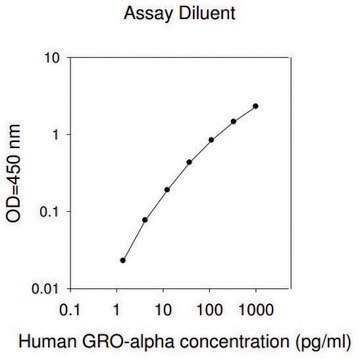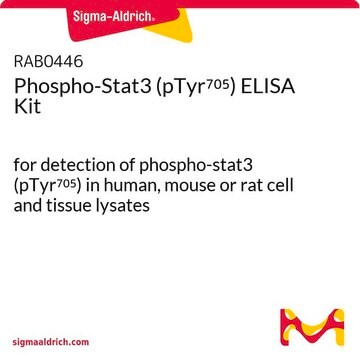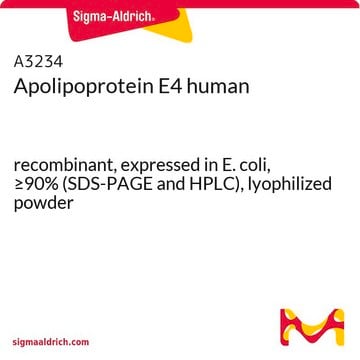Recommended Products
product name
U266B1, 85051003
biological source
human blood
growth mode
Suspension
karyotype
Not specified
morphology
Lymphoblast
products
IgE
receptors
Not specified
technique(s)
cell culture | mammalian: suitable
relevant disease(s)
cancer
shipped in
dry ice
storage temp.
−196°C
Related Categories
Cell Line Origin
Cell Line Description
Application
DNA Profile
CSF1PO: 12,13
D13S317: 12
D16S539: 10
D5S818: 11,12
D7S820: 11,12
THO1: 5,7
TPOX: 8
vWA: 17
Culture Medium
Subculture Routine
Other Notes
Certificates of Analysis (COA)
Search for Certificates of Analysis (COA) by entering the products Lot/Batch Number. Lot and Batch Numbers can be found on a product’s label following the words ‘Lot’ or ‘Batch’.
Already Own This Product?
Find documentation for the products that you have recently purchased in the Document Library.
Articles
Selection of the right fusion partner cell line is critical to obtain desired attributes of the hybridoma. Explore hybridoma fusion partners cell lines.
Related Content
Major technological advances have made the production of monoclonal antibodies quicker and more efficient. There are three established platforms for antibody discovery. We offer reagents for production of monoclonal antibody libraries using each of these techniques.
Major technological advances have made the production of monoclonal antibodies quicker and more efficient. There are three established platforms for antibody discovery. We offer reagents for production of monoclonal antibody libraries using each of these techniques.
Major technological advances have made the production of monoclonal antibodies quicker and more efficient. There are three established platforms for antibody discovery. We offer reagents for production of monoclonal antibody libraries using each of these techniques.
Major technological advances have made the production of monoclonal antibodies quicker and more efficient. There are three established platforms for antibody discovery. We offer reagents for production of monoclonal antibody libraries using each of these techniques.
Our team of scientists has experience in all areas of research including Life Science, Material Science, Chemical Synthesis, Chromatography, Analytical and many others.
Contact Technical Service




